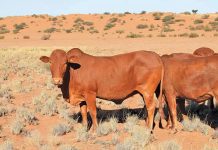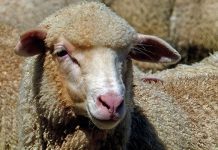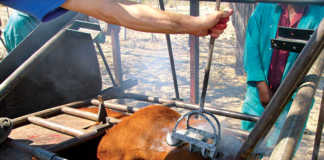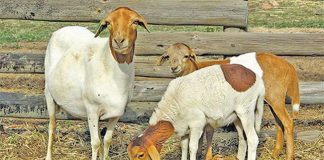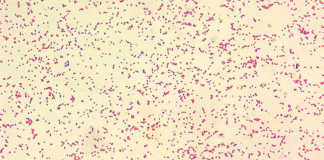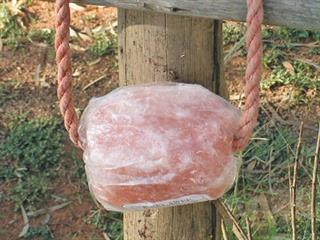
Farmers in extensive livestock areas are under economic pressure to keep more animals and increase stocking rates with the help of licks and supplements. But this strategy could reduce grazing capacity in the long run. According to Dr Mias van der Westhuizen of the Free State’s department of agriculture, the negative effect of exceeding the veld’s grazing capacity can be worsened by trying to improve animal production with licks.
Farmers should rather improve veld production by implementing scientifically based BEZUIDENHOUTmanagement systems that take into account the needs of both animals and plants.
A long-term view
Increasing the carrying capacity of the farm as a whole is not the same as increasing the long-term grazing capacity of the veld.
“Keeping more animals than the natural conditions can cope with can lead to veld degradation and greater susceptibility to droughts,” warns Van der Westhuizen.
“The negative effect can be multiplied by trying to squeeze the maximum out of the animals by means of licks. A farmer can end up subsidising his herd – and veld – with nutrients out of a bag.”
Not everything an animal takes in through a lick is digestible, so manure from these cattle can cause an imbalance in the topsoil. Climax plants are not adapted to such changes, while pioneer species can benefit from them. This could change the species composition of the veld.
Proven
Van der Westhuizen’s research on 13 veld types in the Free State has shown that the indiscriminate use of licks and supplements can reduce soil fertility. The imbalances range from sodium absorption ratios in sourveld to increases in phosphates in the central red grass and increased potassium in savanna systems. Sodium chloride concentrations in the soil climb when more salt is added to it through manure and urine than can be removed through leaching and plant growth. This adversely affects plant composition and veld condition.
Email Dr Mias van der Westhuizen at [email protected].




